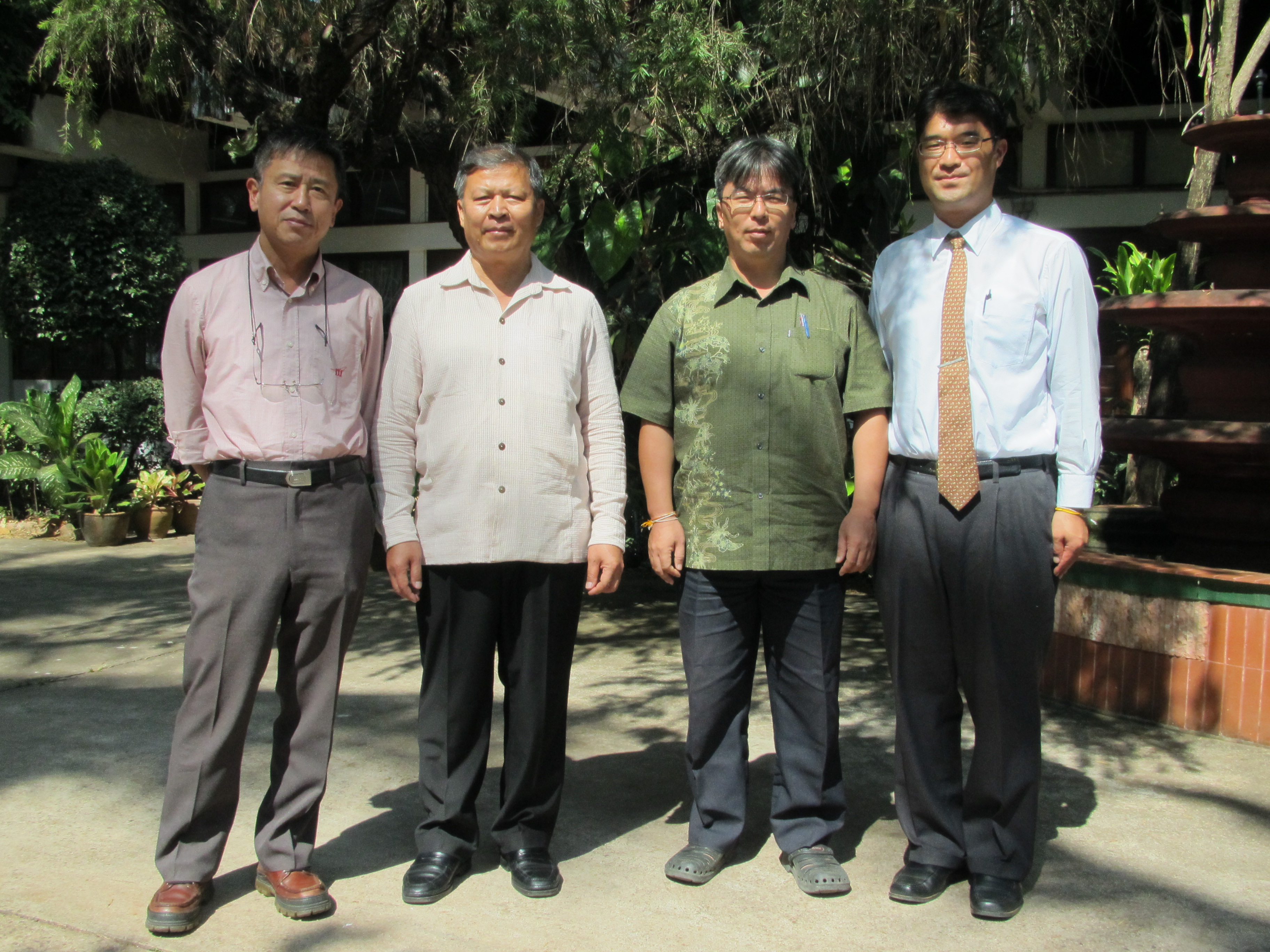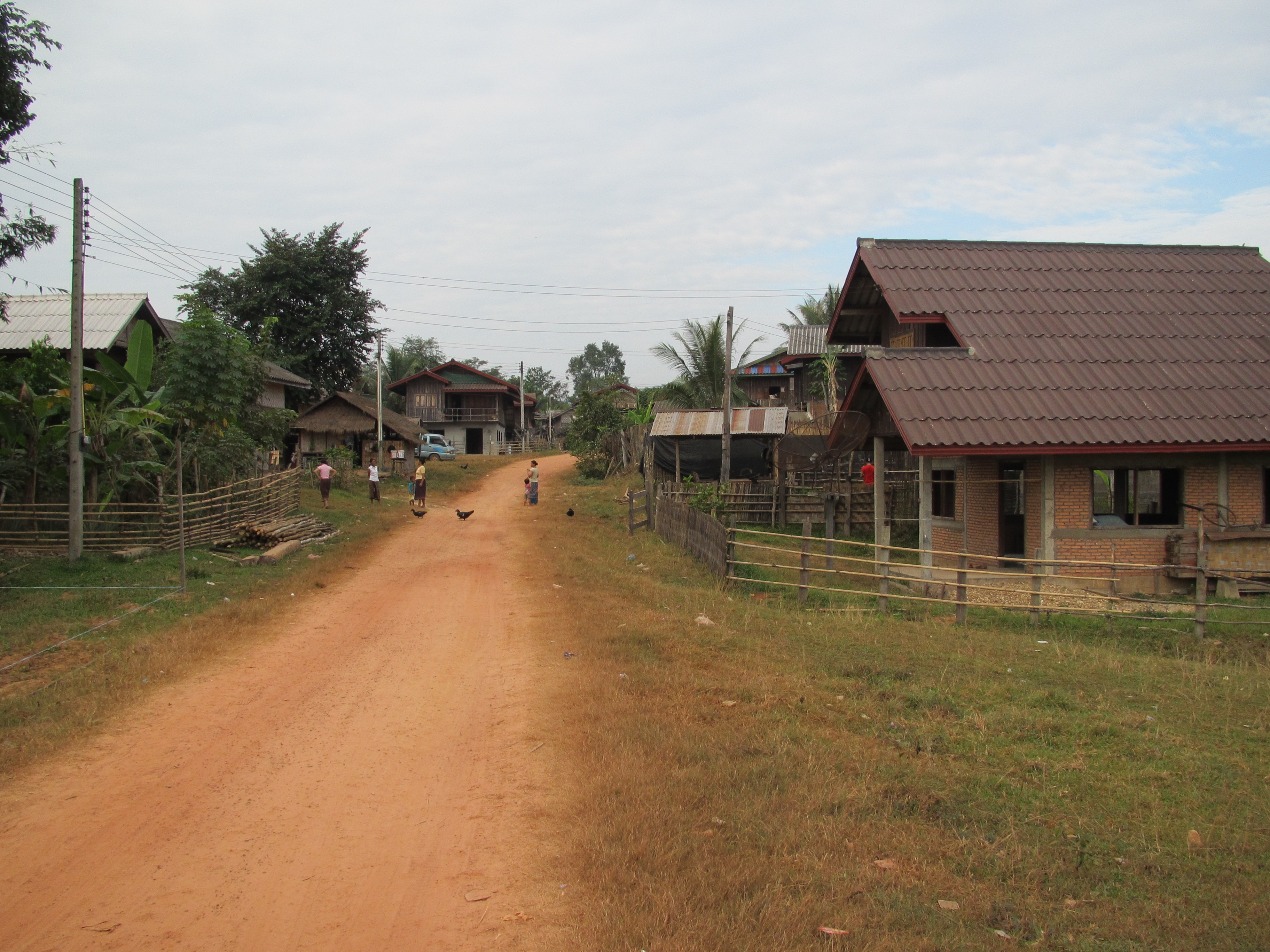- Project Leader : Seto Hiroyuki (Kyoto University, Center for Southeast Asian Studies)
- Collaborators : Kouno Yasuyuki (Kyoto University, Center for Southeast Asian Studies)
- : Iwai Misaki (Kanda University of International Studies, Faculty of Foreign Languages, Department of Asian languages)
- : Imamura Masao (National University of Singapore, Department of Geograpy)
- : Nishimoto Futoshi (Research Institute for Humanity and Nature)
- : Kurashima Takayuki(Forestry and Forest Products Research Institute, Department of Forest Management)
- : Bounthong Bouahom(National Agriculture and Forestry Research Institute, Lao PDR)
- : Linkham Douangsavanh (National Agriculture and Forestry Research Institute, Lao PDR)
Outline of Research
This research intends to reconsider the formation of Southeast Asian societies by regarding inland Southeast Asia as a “war affected society” where livelihood and environment were damaged and transformed by the Indochina and Vietnam wars. In addition, this research explains the resilience of local people by studying the ways they overcame the risks and difficulties caused by war, and also focuses on the new networks and livelihoods they developed post war.
Description
The purpose of this research is to reconsider the formation of inland Southeast Asia from the viewpoint of the influence of wars and the resilience of the local people.
Firstly this research reconsiders the features of the formation of inland Southeast Asian from the viewpoint of the influence of war. Previous studies of the region have focused on transition from a natural to market economy. Recent modern wars (the Indochina war and the Vietnam war) in 1960s and 1970s, however, led to the resettlement of peoples living in mountainous areas, and transformed their livelihoods and their environments. Moreover, the networks made of families who had exiled members in foreign countries created new forms of livelihood for local people. Thus, it seems that the wars have heavily affected the social change of Southeast Asia.
Secondly this research analyzes the resilience of the people against risks and disasters, and the conditions of their success through an investigation into the livelihood changes of the peoples who resettled during the war. After leaving their home villages, many struggled for survival in new places, particularly in getting assistance from governments, reclaiming new lands collecting non-timber forestry products, cooperating with neighboring villages, and using family networks. Their experiences will teach us lessons on how to develop care for people who are resettled by developemnt projects and natural disasters.
The expected results of this research will highlightthe specific characteristics of inland Southeast Asia, as well as to offer suggestions to develop care for the persons who are affected by risks that arise from disasters and resettlements.


